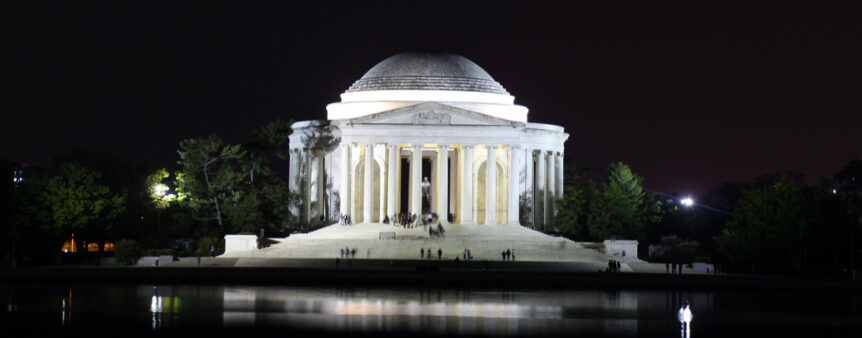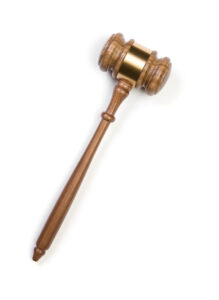
The “Declaration Against Interest” Hearsay Exception
The rationale behind the “declaration against interest” exception to the hearsay rule is that people generally do not make statements that are against their interests, be those interests pecuniary, legal, or otherwise. Such an understanding of human nature would suggest that any such statements would carry the extra degree of reliability required for a hearsay exception.
 In D.C., the party seeking to admit evidence under this exception must satisfy four conditions. First, the proponent must prove that the declarant is unavailable. The declarant might be refusing to testify, for example, on the basis of a valid privilege. Laumer v. United States, 409 A.2d 190,199-200 (D.C. 1979)(en banc).
In D.C., the party seeking to admit evidence under this exception must satisfy four conditions. First, the proponent must prove that the declarant is unavailable. The declarant might be refusing to testify, for example, on the basis of a valid privilege. Laumer v. United States, 409 A.2d 190,199-200 (D.C. 1979)(en banc).
Second, corroborating circumstances must clearly indicate the trustworthiness of the statement. The court might consider, for example, the time of the declaration and the party to whom it was made; the existing of corroborating evidence; and the extent to which the declaration is really against the declarant’s interests. See e.g., United States v. Edelen, 996 F.2d 1238, 1242 (D.C. Cir. 1993)(insufficient indicia of trustworthiness, where defense investigator obtained statement from defendant’s relative on day of trial and no other witnesses corroborated it).
Third, the proponent must prove that the declarant knew when making the statement that it was against his or her interest. Finally, the proponent must demonstrate that the statement was against the declarant’s proprietary, pecuniary, or penal interest. Id.at 196.
